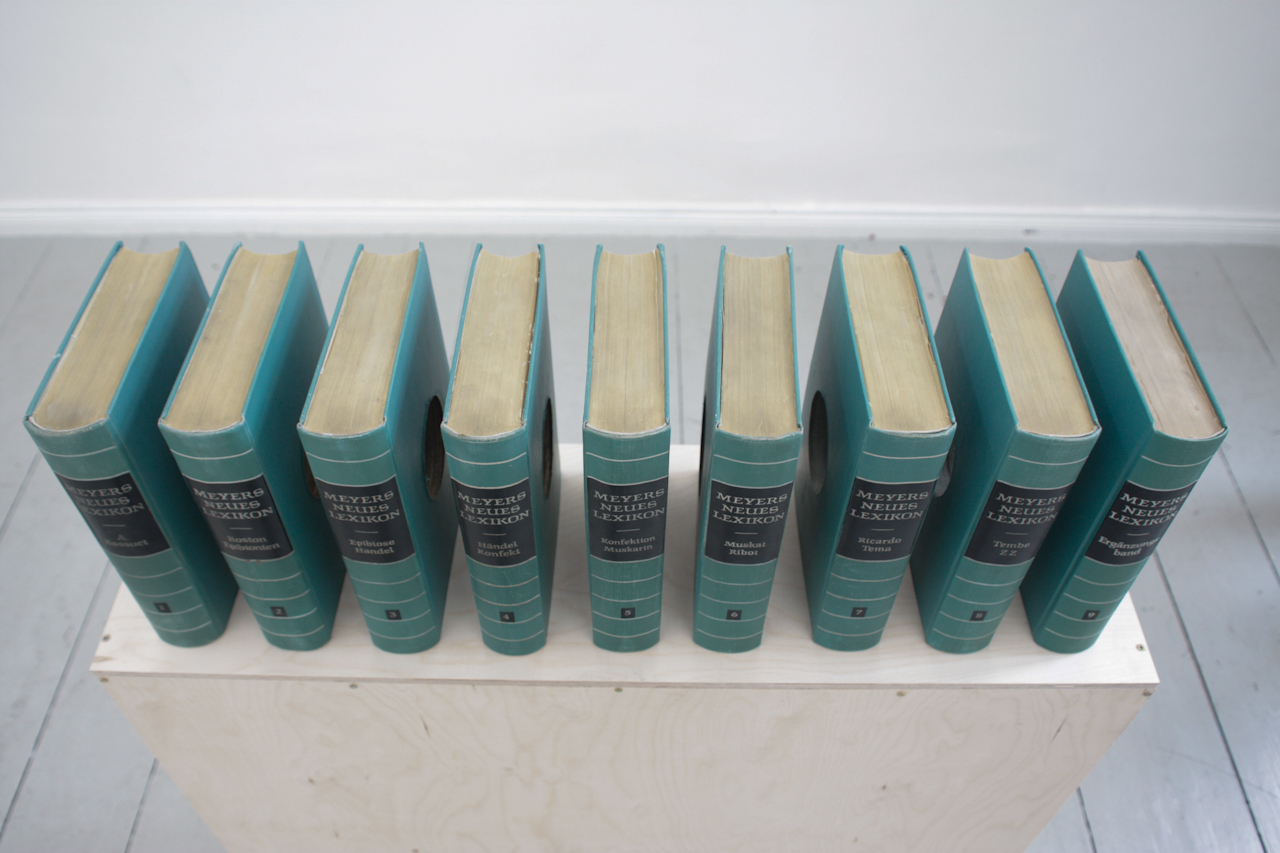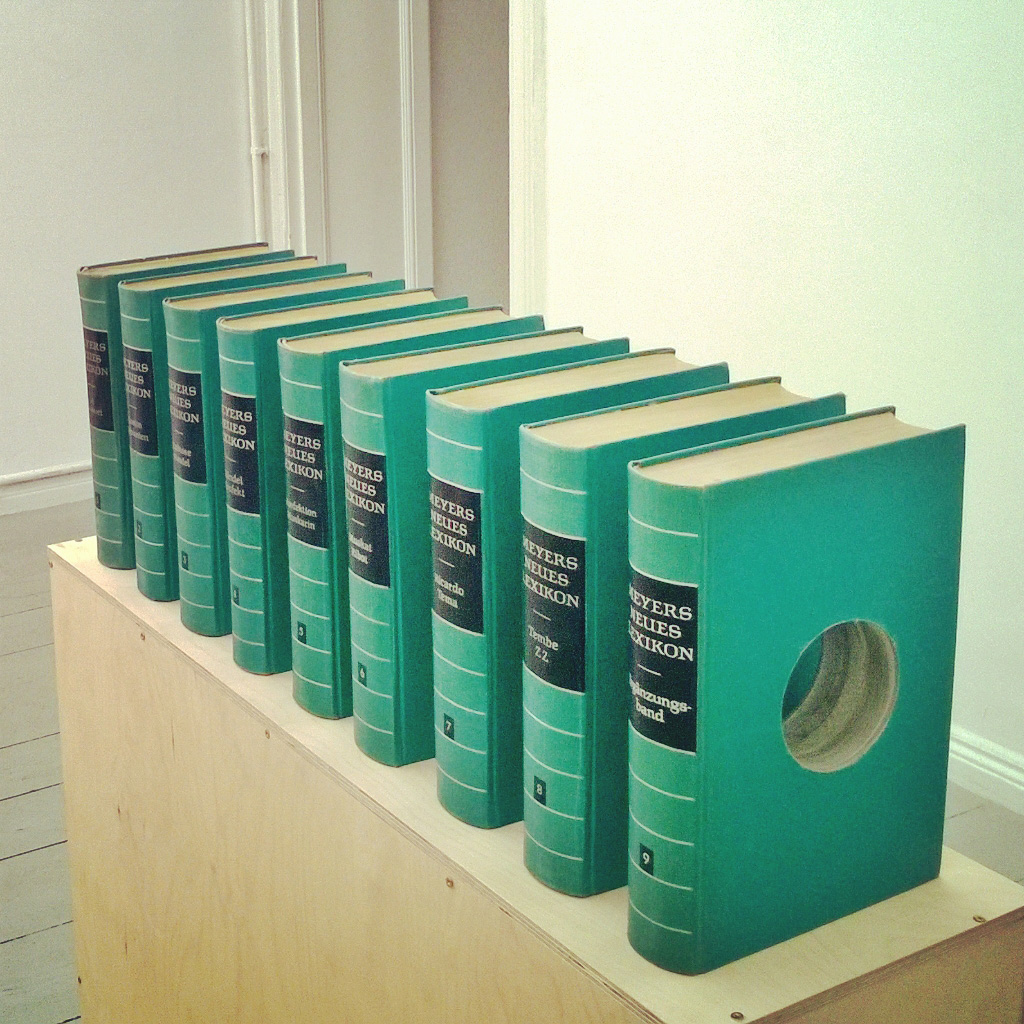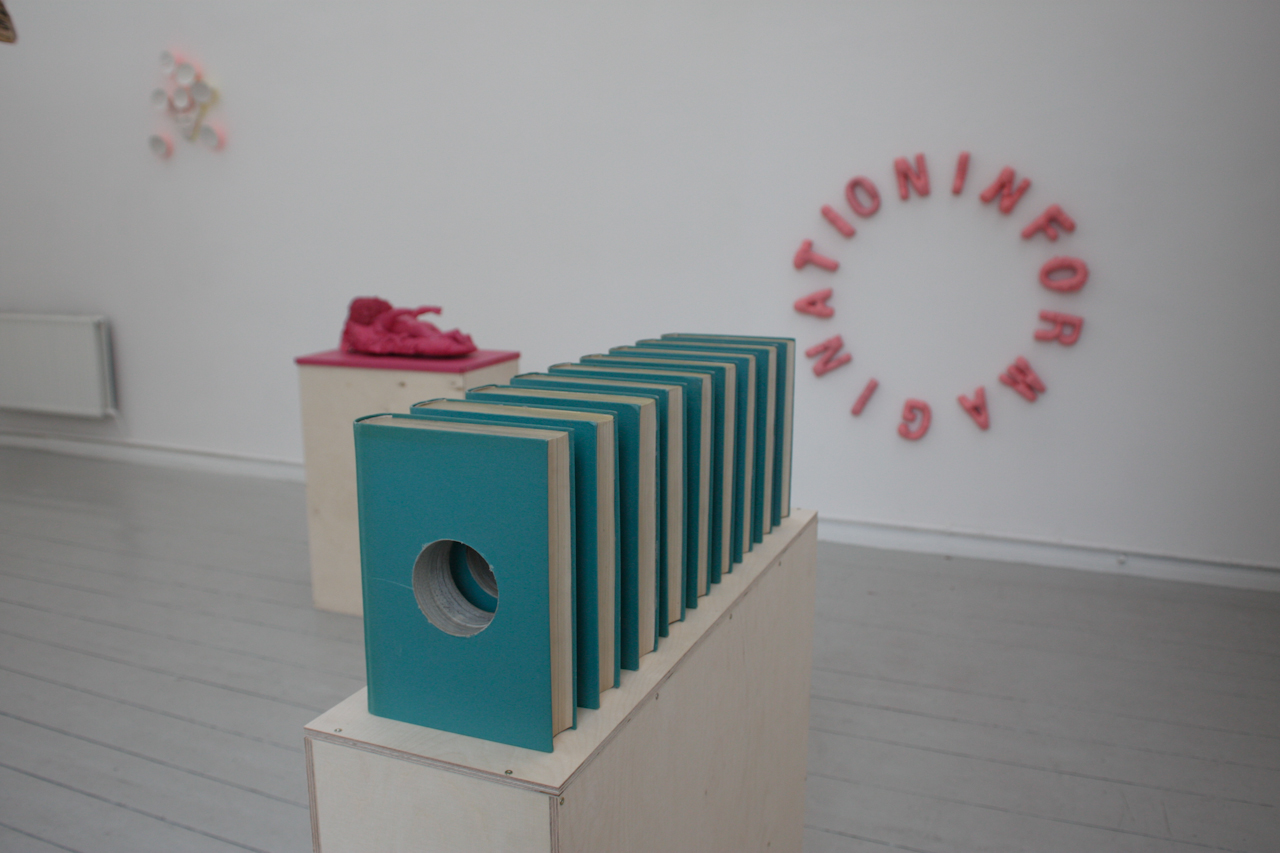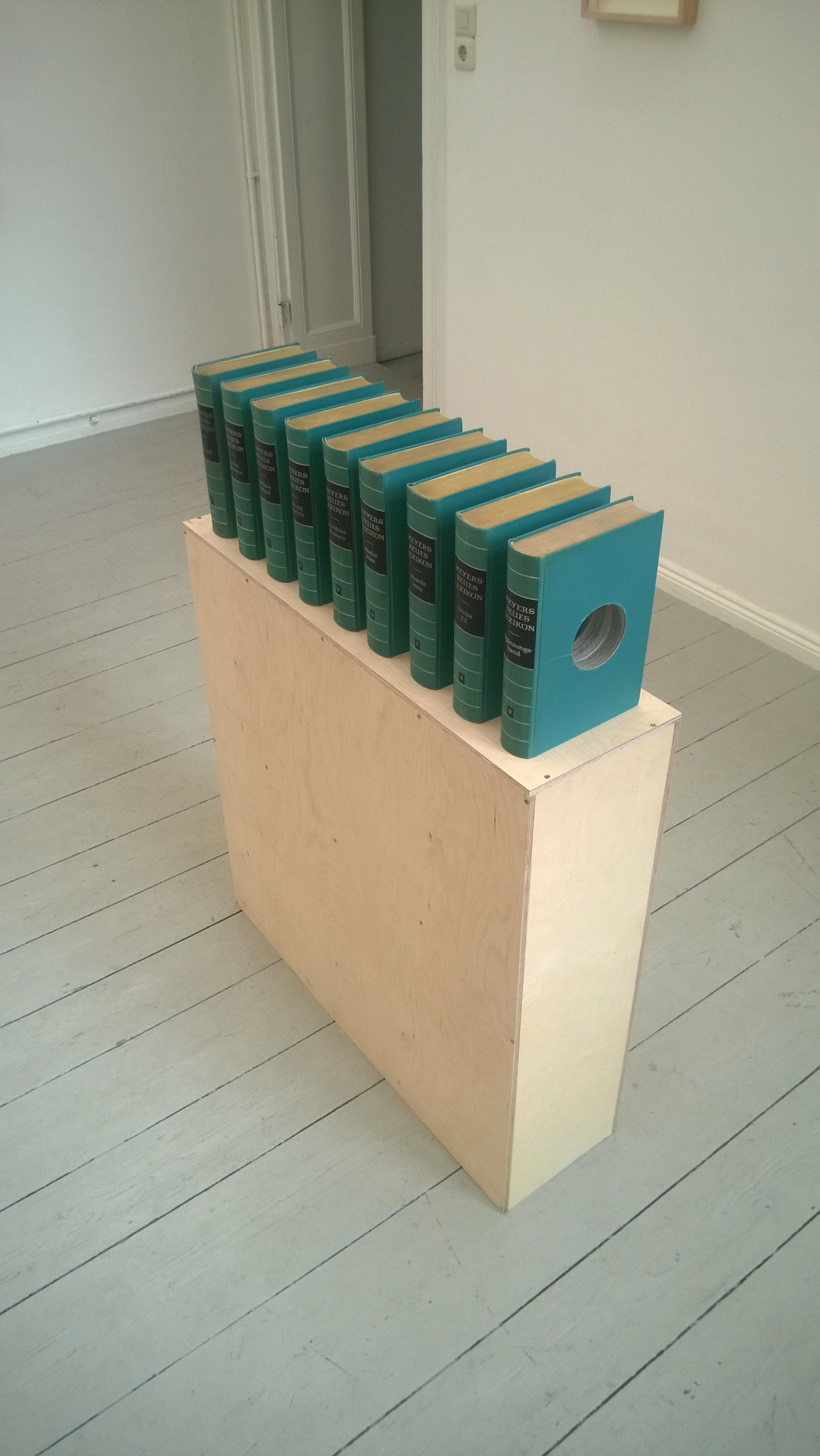
What Makes Us Humans? Vol. 3: Information Society
What is reality? What is consciousness? What is the role of information? Is reality only what we can or may understand? In this context: do we create reality as we understand our surrounding context?
The reflection on information has become central in today’s debate about consciousness and perception of reality. I am conscious therefore I am. Through the accumulation of history humankind was able to grow in information and, therefore, in perception of realness. But it is this same accumulated information what makes us doubt about the realness we experience. Such a context defies the definition itself of the word information –to give form to the mind. What is the power of information in a complex society such as today’s? Is information acting as the anti-matter of sensible reality? We are symbolic creatures: how do we explain reality?






